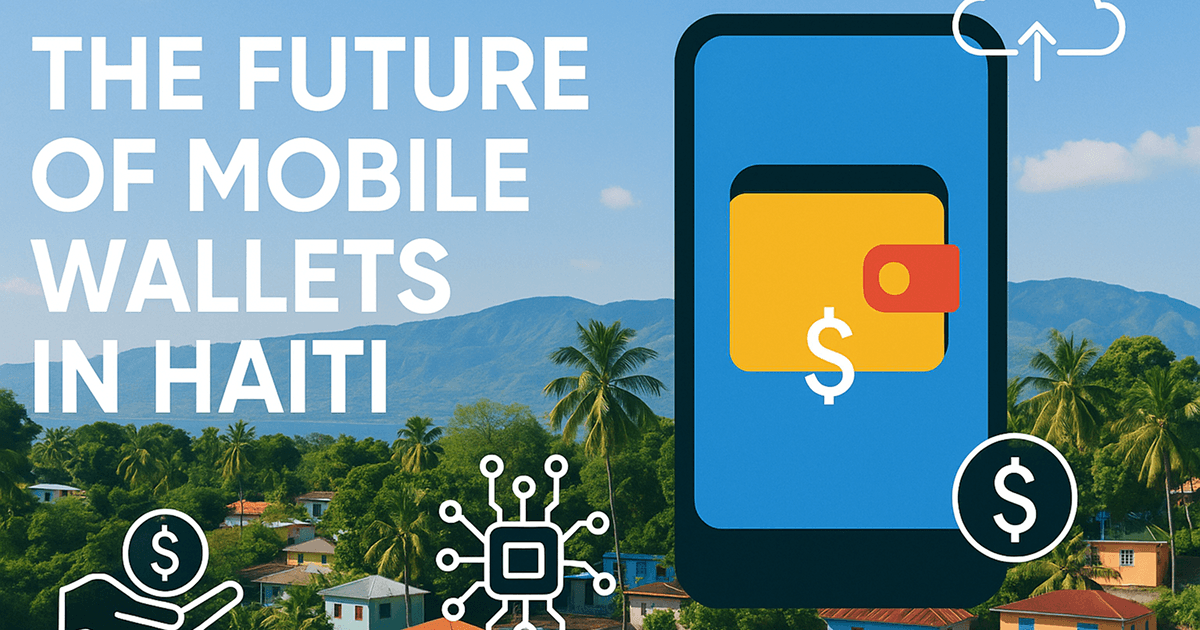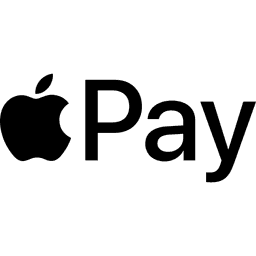The Future of Mobile Wallets in Haiti
A New Era of Financial Inclusion and Economic Empowerment

In the heart of the Caribbean, Haiti is on the brink of a financial revolution. The rise of mobile wallets???digital tools that allow users to store, send, and receive money via their smartphones???is set to transform how Haitians interact with money.
With a large percentage of the population still unbanked and limited access to traditional banking services, mobile wallets offer a promising path toward greater financial inclusion,{" "} economic empowerment, and digital innovation.
The Current Landscape
Today, many Haitians rely on cash transactions and money transfer agents. Services like MonCash have paved the way, but the adoption rate still lags behind neighboring countries due to digital infrastructure and trust issues.
Why Mobile Wallets Are the Future
- Financial Inclusion for All: Over 60% of Haitians are unbanked. Mobile wallets bridge this gap using only a phone.
- Empowering Small Businesses: Vendors can now accept digital payments, track income, and access microloans.
- Streamlining Remittances: Faster, cheaper transfers from the diaspora reduce friction and delays.
- Government & Aid Efficiency: Digital disbursements improve transparency and reduce fraud.
Challenges to Overcome
Haiti must address key challenges including digital literacy, expanding mobile network coverage, and ensuring regulatory compliance to secure user trust.
A Vision for 2030
Imagine a Haiti where farmers receive instant mobile payments, students pay tuition online, and every citizen has financial tools in their pocket. Mobile wallets make this future possible.
Conclusion
As Haiti embraces digital transformation, mobile wallets are poised to become the cornerstone of a more inclusive and resilient financial system. The time is now to invest in scalable, secure wallet solutions that empower every Haitian???because when{" "} technology meets purpose, the possibilities are endless.
No comments yet
Please login to leave a comment. Login





